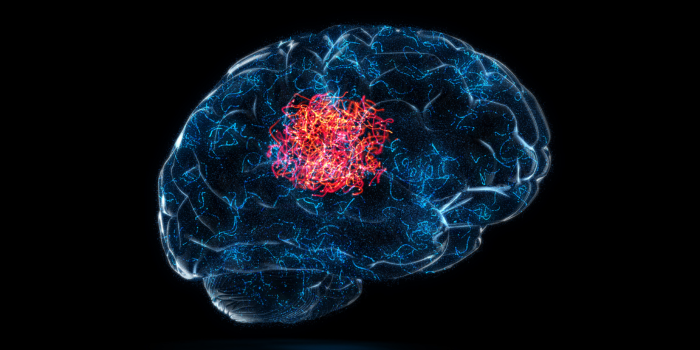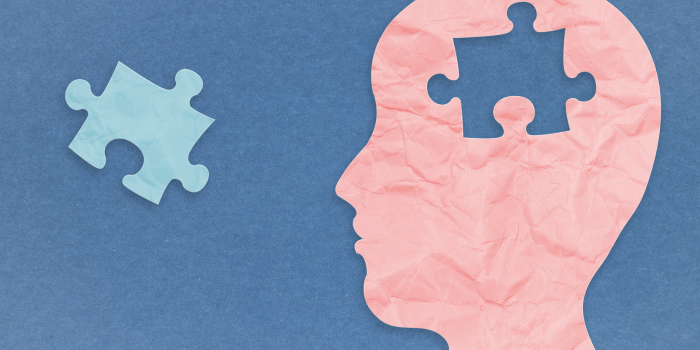Unveiling the Power of Brainspotting: A Revolutionary Approach to Healing

In the ever-evolving landscape of mental health therapies, Brainspotting has emerged as a powerful and innovative approach that promises profound healing by unlocking the brain’s natural capacity to process and resolve trauma. Developed by Dr. David Grand in 2003, Brainspotting is gaining recognition and popularity among therapists and individuals seeking effective ways to address various psychological challenges. In this article, we will delve into the intricacies of Brainspotting, exploring its origins, principles, and the transformative impact it can have on mental well-being.

Understanding Brainspotting:
It is a therapeutic method that taps into the brain-body connection to facilitate the processing and release of trauma, stress, and other emotional issues. Unlike traditional talk therapies, Brainspotting goes beyond verbal communication, acknowledging the deep connection between our mind and body. The approach is rooted in the belief that the eyes are windows to the soul and that by identifying and focusing on specific eye positions (known as brainspots), individuals can access and process unresolved trauma or distress.

Origins and Development:
Dr. David Grand, a psychotherapist and performance coach, based on his extensive experience with Eye Movement Desensitization and Reprocessing (EMDR) and Somatic Experiencing. Inspired by the observation that eye movements played a crucial role in trauma processing, Dr. Grand began exploring how eye positions could be deliberately targeted to enhance therapeutic outcomes. The result was the birth of Brainspotting, a groundbreaking therapeutic method that combines elements of mindfulness, neurobiology, and traditional psychotherapy.

Principles of Brainspotting:
1. The Brain-Body Connection:
It recognizes the intricate connection between the brain and the body. Trauma and emotional distress are not only stored in the mind but also in the body. By engaging the body’s natural self-healing mechanisms, Brainspotting aims to release and process unresolved issues.
2. Dual Attunement:
A fundamental aspect of Brainspotting is the concept of dual attunement, where the therapist is attuned to both the client’s internal experience and their own internal experience. This dual focus allows for a deep and empathetic connection, fostering an environment where the client feels safe to explore and process difficult emotions.

3. Brainspots:
Brainspots are specific eye positions that correspond to the location of trauma or emotional activation in the brain. These spots are identified through the client’s internal experience and the therapist’s observations. Focusing on these brainspots facilitates the processing of unresolved issues, leading to healing and resolution.
4. The Container Concept:
The importance of creating a safe and contained space for the client to explore their emotions. The therapist serves as a supportive container, holding space for the client to navigate their internal landscape without feeling overwhelmed.

Transformative Impact:
1. Trauma Resolution:
Has shown remarkable efficacy in trauma resolution. By directly addressing the physiological and neurological aspects of trauma, individuals can experience significant relief from symptoms such as anxiety, depression, and post-traumatic stress disorder (PTSD).
2. Enhanced Emotional Regulation:
The approach aids in improving emotional regulation by targeting and processing the root cause of emotional dysregulation. Clients often report a greater sense of control over their emotions and reactions after engaging in Brainspotting sessions.

3. Performance Enhancement:
Originally developed with a focus on performance coaching, It has been utilized to enhance performance in various fields, including sports, arts, and business. By addressing performance-related anxiety and barriers, individuals can unlock their full potential.
4. Integration of Mindfulness:
Brainspotting incorporates mindfulness principles, encouraging clients to stay present and connected to their internal experiences. This heightened awareness promotes self-discovery and fosters a deeper understanding of one’s thoughts and emotions.

Conclusion:
In the realm of mental health therapies, Brainspotting stands out as a revolutionary approach that transcends traditional methods by embracing the intricate interplay between the mind and body. Its innovative principles, rooted in neurobiology and mindfulness, make it a powerful tool for trauma resolution, emotional regulation, and performance enhancement. As Brainspotting continues to gain recognition and empirical support, it holds the promise of transforming the landscape of mental health treatment, offering individuals a path towards profound healing and self-discovery.







